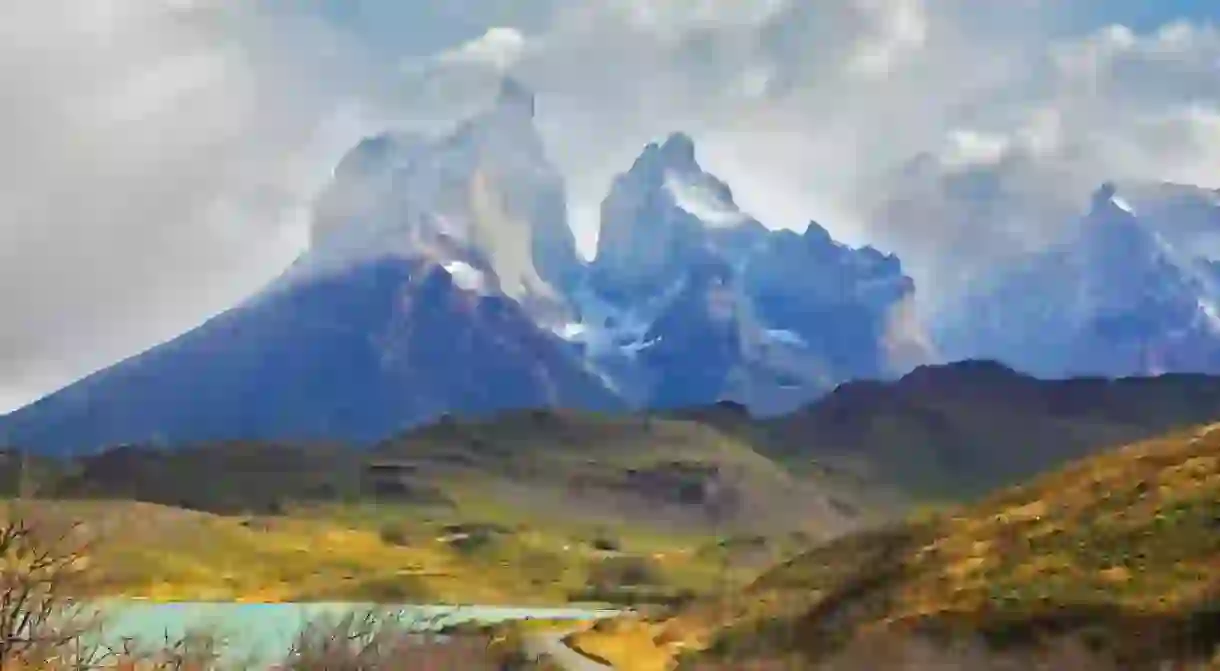Chile's National Parks are About to Get a Lot More Controversial, Here's Why

In March this year, a US billionaire pledged to donate a million acres of pristine Patagonian land to the Chilean government on the proviso that it be given protected national park status. Not to be outdone, Chile accepted the deal and promised to preserve 9 million acres of their own federal land, combining to create a total protected area larger than Switzerland. Sounds like a win, right? Not everyone is happy with the deal.
Kris Tompkins (former CEO of the Patagonia clothing line) and her late husband Douglas Tompkins (founder of North Face) began their conservation efforts over two decades ago. Rather than look to their homeland – of which there is a long tradition of philanthropist wilderness conversation – they decided on Chile’s Patagonia due to its relatively cheap land and high potential for conservation from large scale agricultural and timber industries.

Of the billionaire power couple’s many Chilean land purchases, perhaps the most notable was the acquisition of a large property in the Chacabuco valley between two existing national parks in 2004. By closing ranches and moving livestock elsewhere, they made considerable progress in restoring these damaged lands to their former natural state. The region was eventually opened to the public in 2015 as Patagonia Park, featuring an upmarket lodge and numerous hiking trails that traverse through stunning terrain.
Douglas tragically passed away in a kayaking accident in 2015, though steadfast Kris is determined to continue their legacy. She signed the historic handover agreement with Chilean president Michelle Bachelet in March 2017, earmarking the massive new area to become legally protected by the end of the year.

Kris has always believed that the natural world has inherent value which is separate from human needs. Furthermore, through the creation of a sustainable tourism industry, she insists such land can actually provide more revenue and employment than traditional sources. According to a study conducted by their foundation, the new combined park lands have the potential to generate US$270 million per year and provide 43,000 new jobs.
The Chilean government is clearly in agreement, publicly declaring eco-tourism to be the driving force behind long term sustainable development in the region.

Some, however, are inclined to disagree. Local farmers, a few of whom refused to be bought out and still own land within Patagonia Park, consider the Tompkins to be meddling gringos who are using their wealth to dictate how a foreign country allocates its land. Many blame them for burdening the government with the cost of maintaining such expansive protected lands and also complain about an increase in puma populations wrecking havoc on their livestock.
Though despite local resistance, the Tompkins have always persisted with their mission. Before his passing, Doug explained to the Guardian how this way of thinking is akin to a cultural lag: “Humanity is slow to come to terms with big shifts. But the people who are the most vocal opponents of a national park often become the staunchest defenders. It’s the damnedest thing.”
Nevertheless, many locals still remain vehemently opposed. Yet for those of us who value long term conservation over short-term profit, these new 10 million acres of protected wilderness are certainly a step in the right direction.













